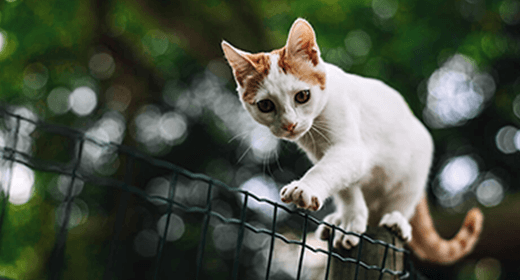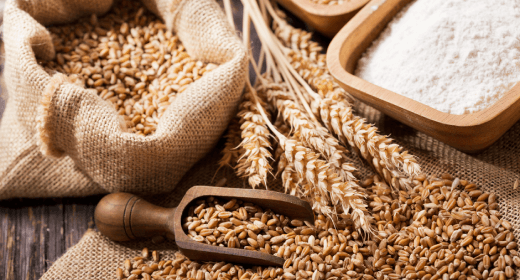

Are you considering feeding a raw diet to your kitten? Before you do, make sure you have the right information. Get the facts about 10 common myths associated with raw meat diets.
FACT: No scientific studies have shown benefits of feeding raw diets to kittens or cats. Their appeal is based on word of mouth, testimonials and perceived benefits.
FACT: Lynxes and other animals in the wild, like wolves, do eat raw meat (in addition to berries, plants, etc.). However, the average lifespan for an animal in the wild is only a few years. Therefore, what is nutritionally “optimal” for a wild animal like a lynx is not optimal for our pets that we hope will live longer and healthier lives.
FACT: Cats, especially kittens, senior cats or immunosuppressed animals, can become infected with Salmonella, Clostridium, Campylobacter and other bacteria found in raw meat diets, just as people can.
FACT: Even meats purchased at the best stores for people can contain harmful bacteria, so purchasing “human-grade” meat does not protect against the health risks of uncooked meats. (Ask yourself: Would you eat raw ground beef?) It is also important to keep in mind that the term “human grade” has no legal definition for pet food.
FACT: Most of the bacteria found in raw meat diets can easily survive freezing and freeze-drying.
FACT: Bones, whether raw or cooked, can fracture your kitten’s teeth. They also can block or tear the esophagus, stomach or intestine.
FACT: All the enzymes dogs and cats (and people) need for digestion are already in the gastrointestinal tract. Additional enzymes from food are not required for digestion.
FACT: Corn, oats, rice, barley and other grains are healthy ingredients that contain protein, vitamins and minerals; they are not added as fillers and are unlikely to cause allergies. Although meat is an important component of diets for kittens and cats, grains can be part of a high-quality, nutritionally balanced diet.
FACT: Byproducts are the animal parts American people don’t typically eat, such as livers, kidneys or lungs — in other words, the organs and meats other than animal muscle. Note that some pet foods may actually list these ingredients (e.g., duck liver, beef lung), but these are really just byproducts. Most commercial and many home-prepared raw diets also contain by products.
FACT: Most homemade (and even some commercial) raw meat diets are extremely deficient in calcium and a variety of other nutrients, even if chicken necks, bones or eggshells are added. This can be disastrous for any animal but especially for young, growing kittens, and can result in fractured bones. For complete and balanced nutrition, feed your cat a high-quality kitten food like IAMS™ ProActive Health™ Healthy Kitten.


Wheat is a grain used as a high-quality carbohydrate source in dry cat foods. It provides energy for daily activity, as well as processing characteristics for the food. IAMS™ research has shown that including wheat in a complete and balanced diet resulted in a moderate glycemic response in dogs and cats, lower in general than that observed when a rice-based diet was fed.1,2
A common misconception is that feeding wheat causes food allergies. Here are the facts:
1 Sunvold GD. The role of novel nutrients in managing obesity. In: Recent Advances in Canine and Feline Nutrition, Vol II: 1998 IAMS Nutrition Symposium Proceedings. Carey DP, Norton SA, Bolser SM, eds. Wilmington, OH: Orange Frazer Press, 1998; 123-133.
2 Bouchard GF. Effect of dietary carbohydrate source on posprandial plasma glucose and insulin concentration in cats. In: Recent Advances in Canine and Feline Nutrition, Vol III: 2000 IAMS Nutrition Symposium Proceedings. Reinhart GA, Carey DP eds. Wilmington, OH: Orange Frazer Press, 2000; 91-101.